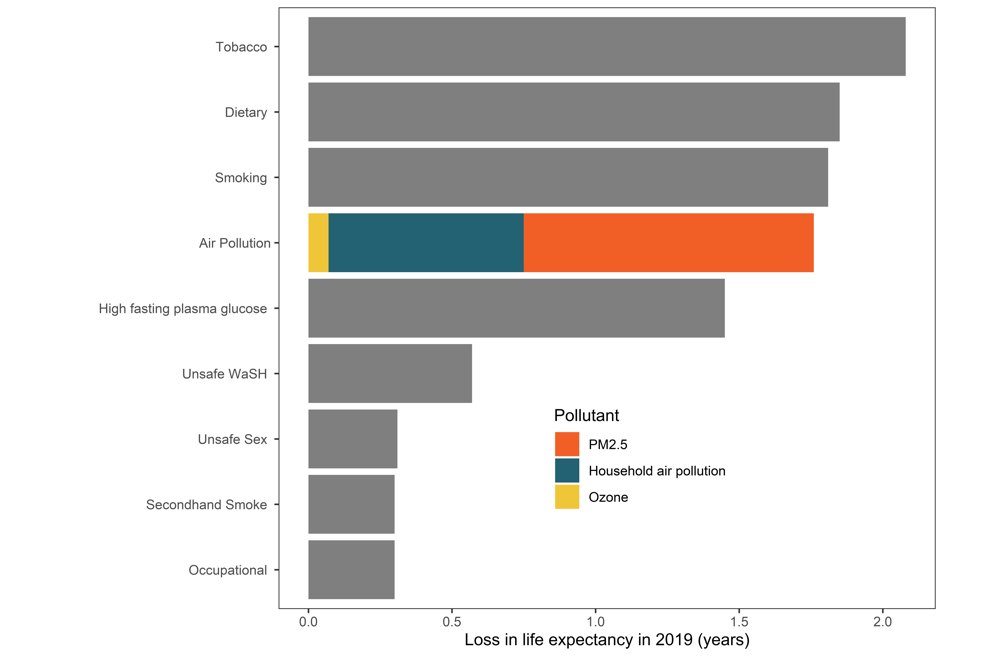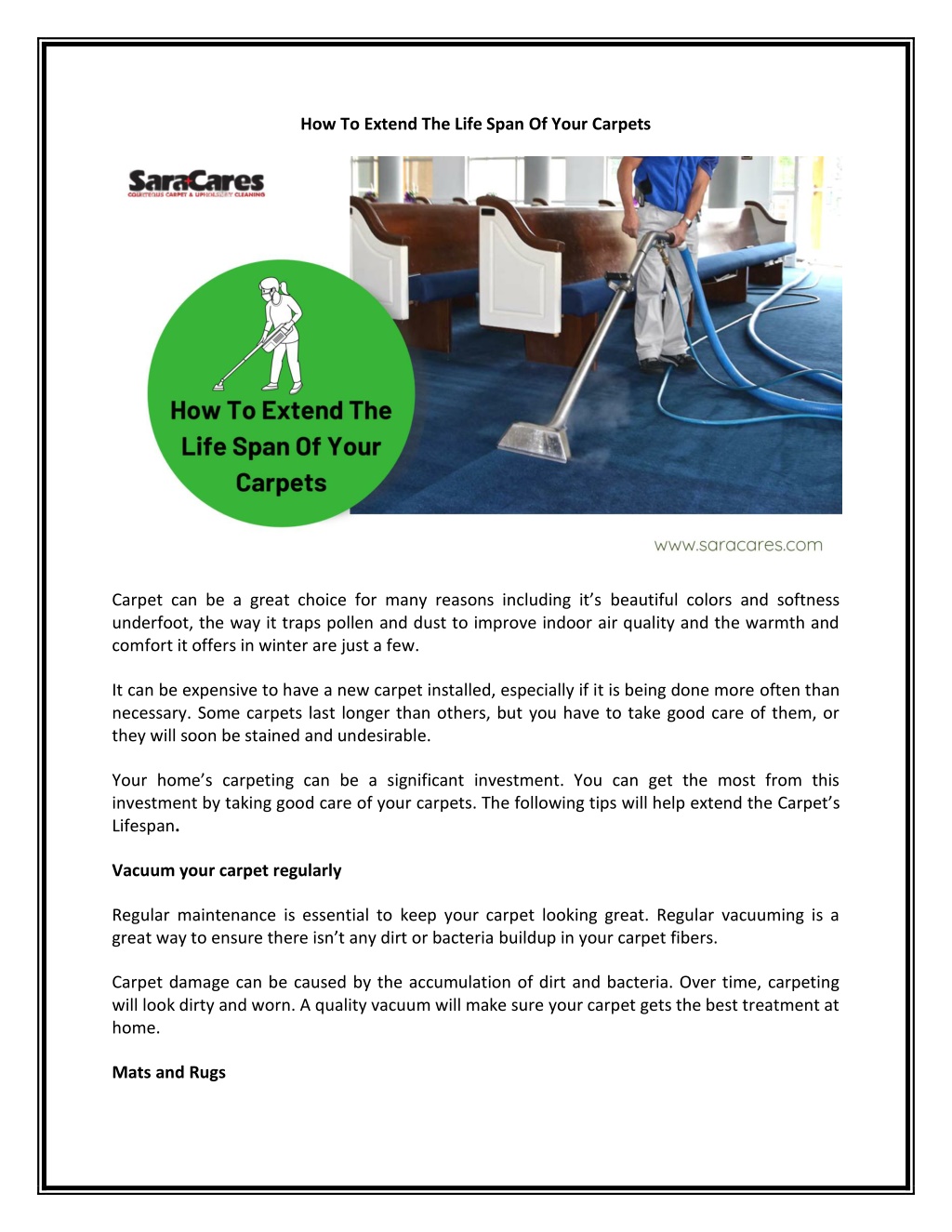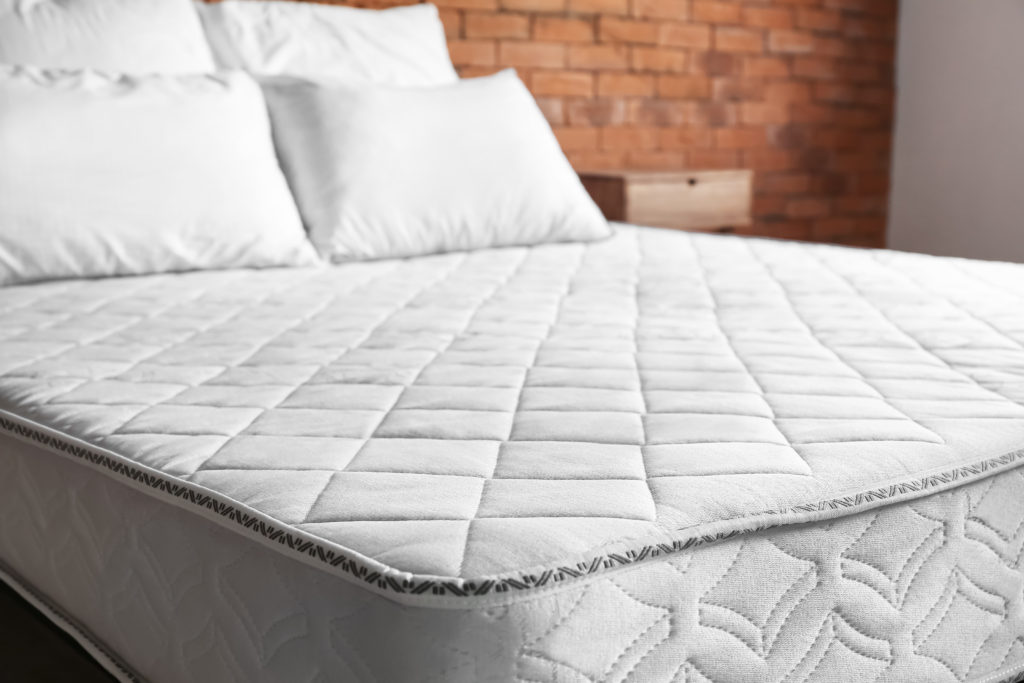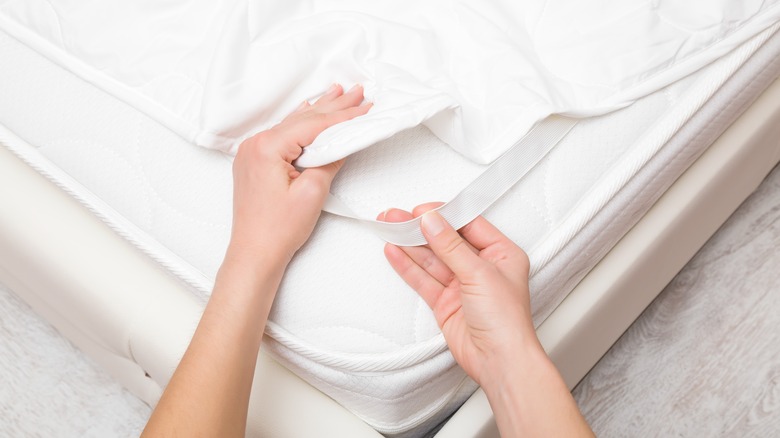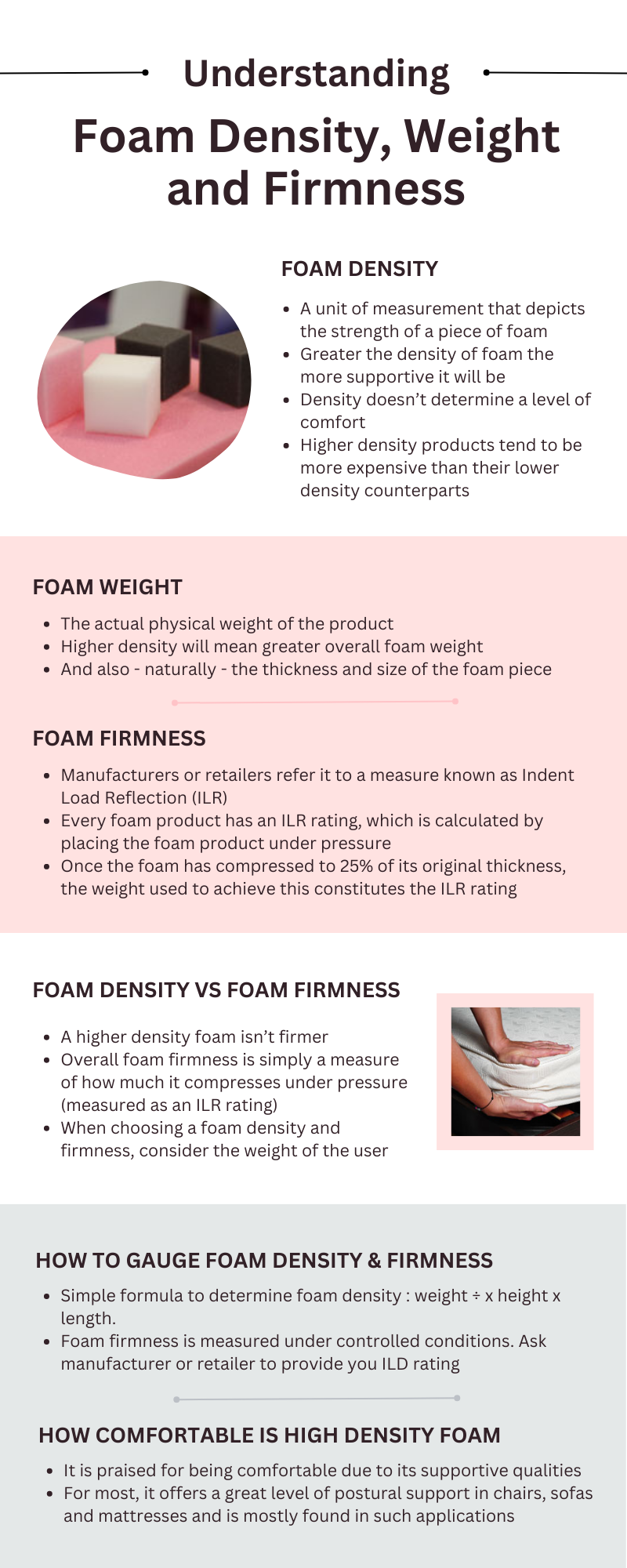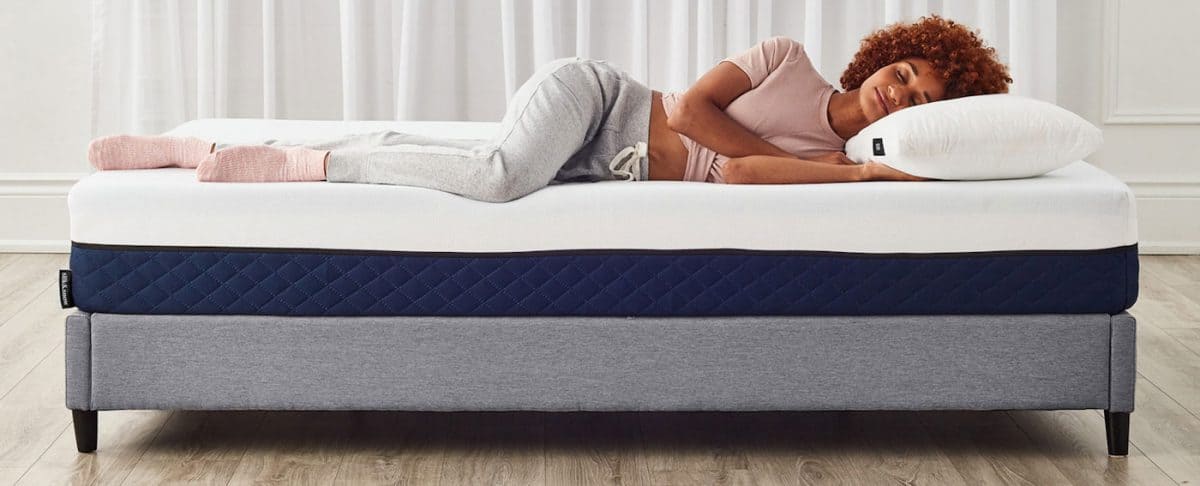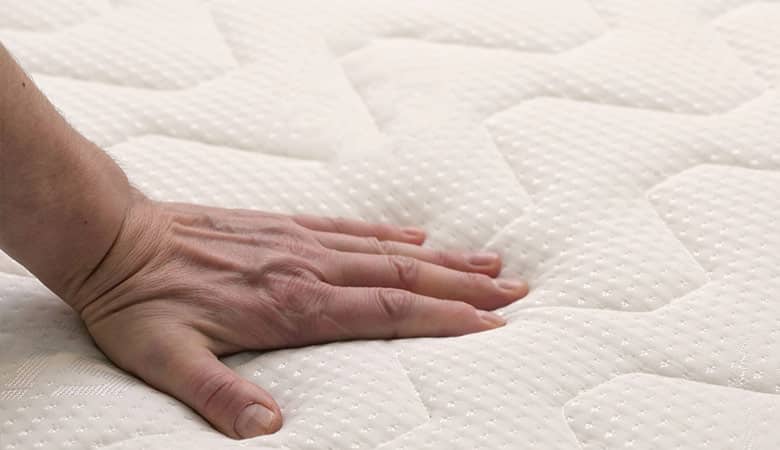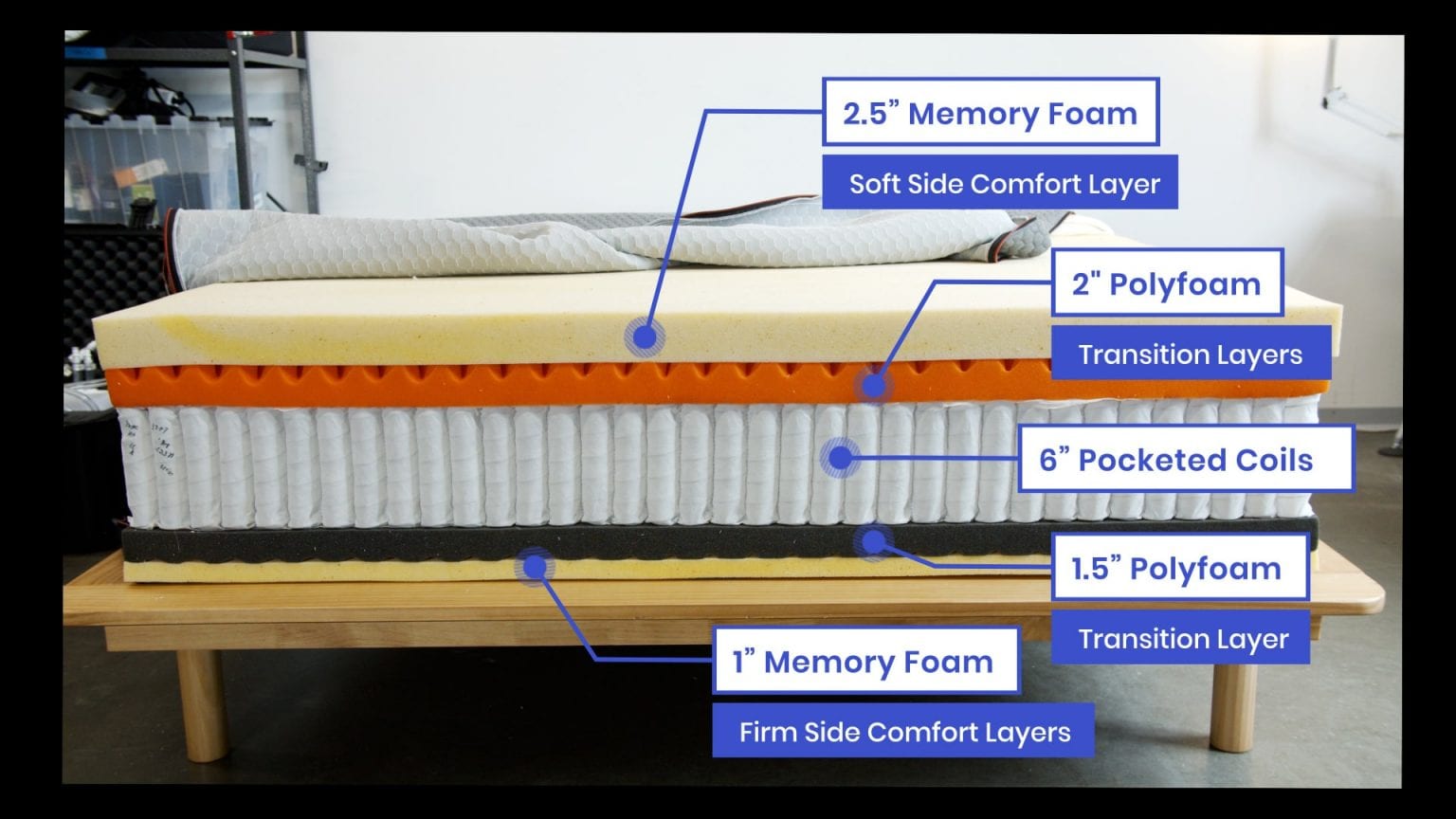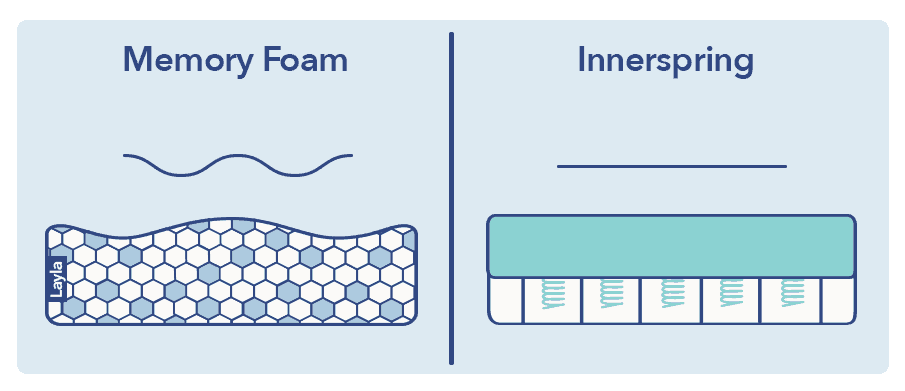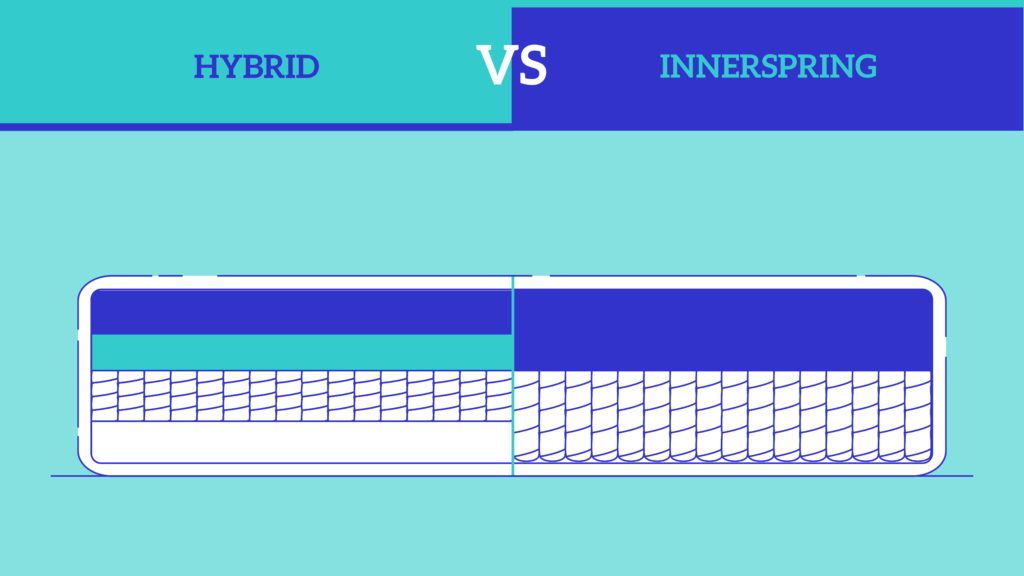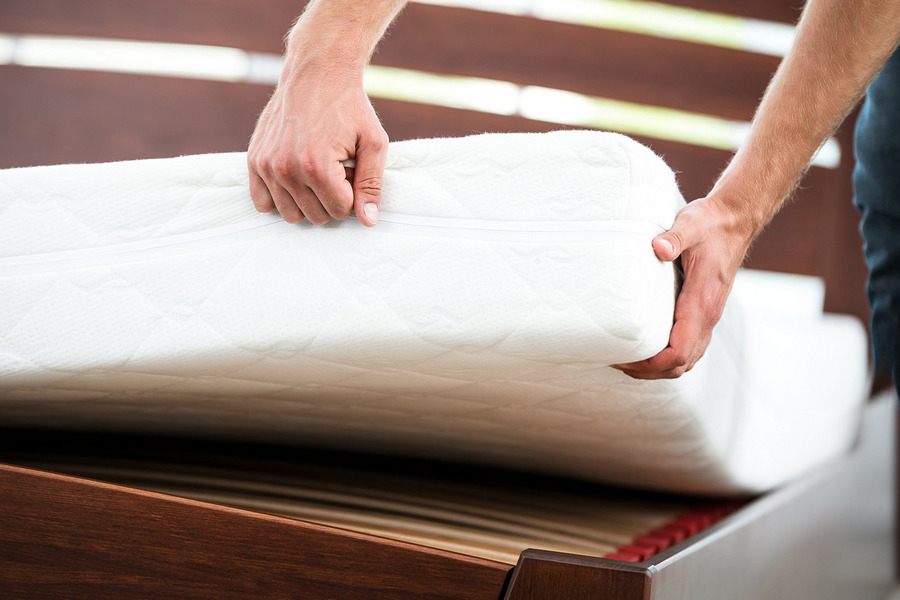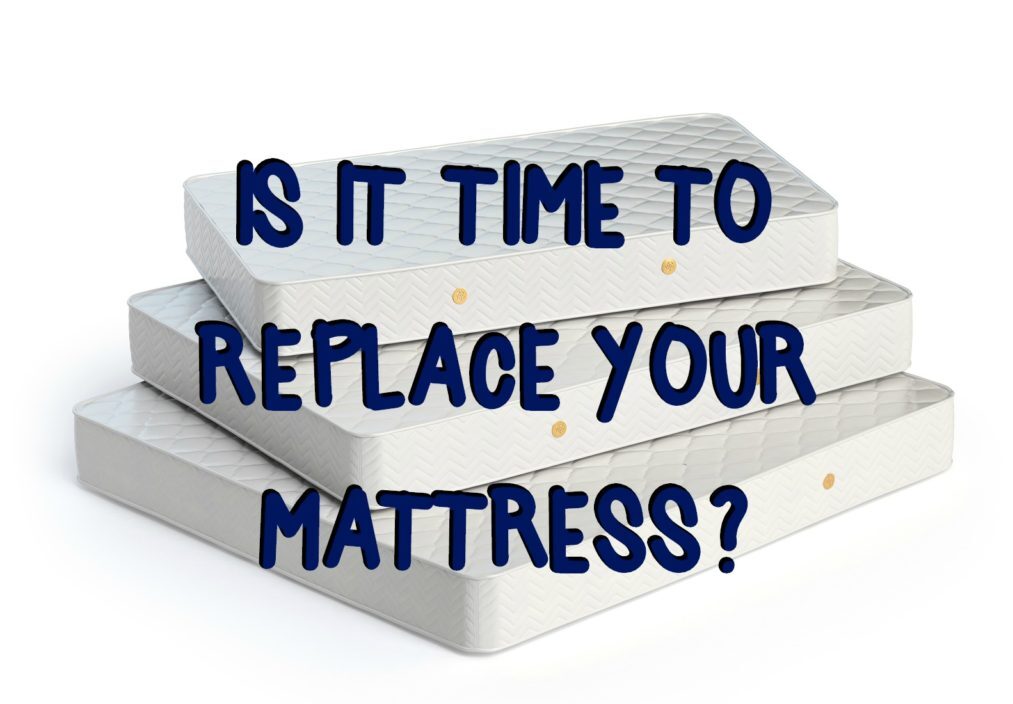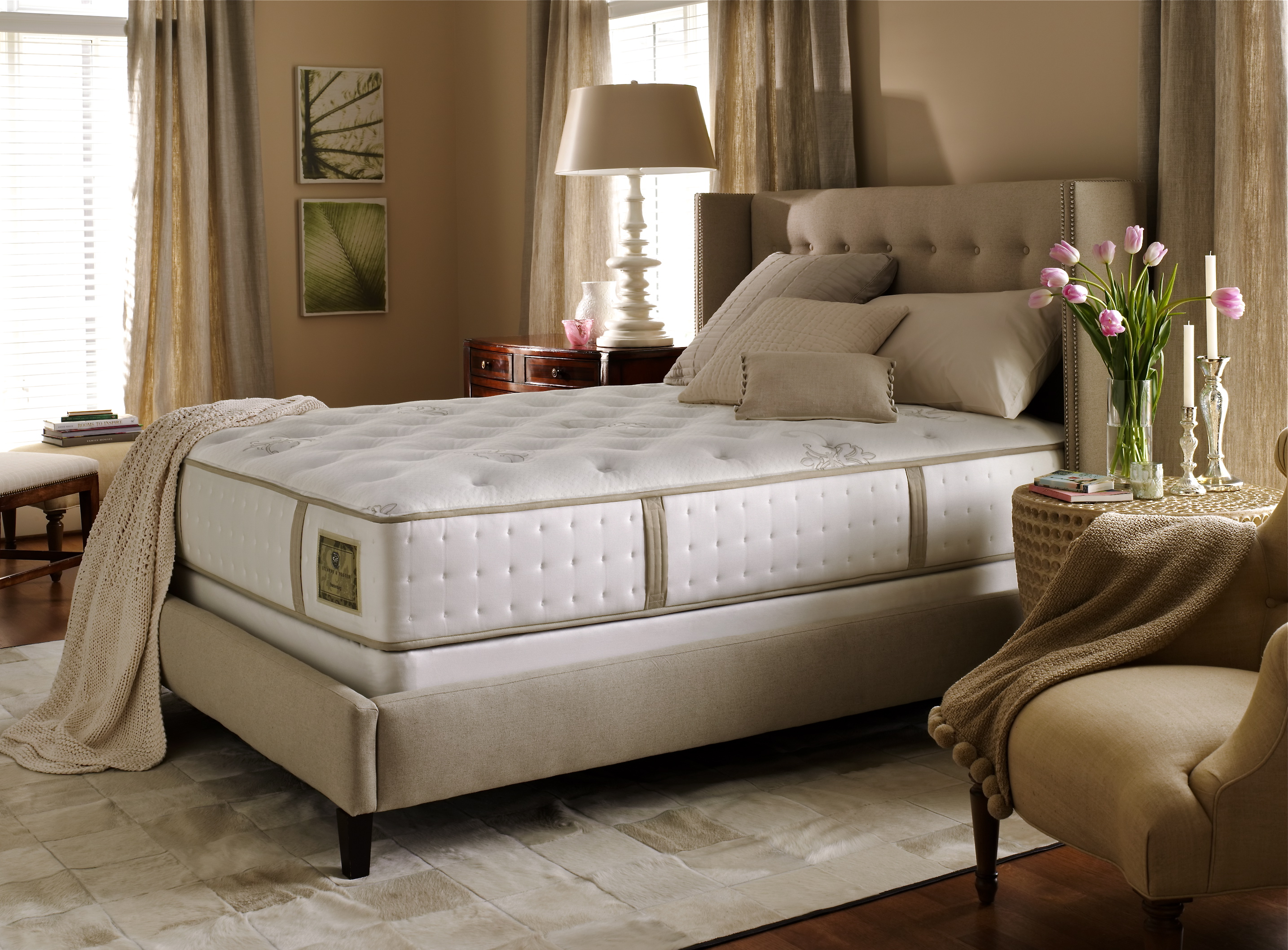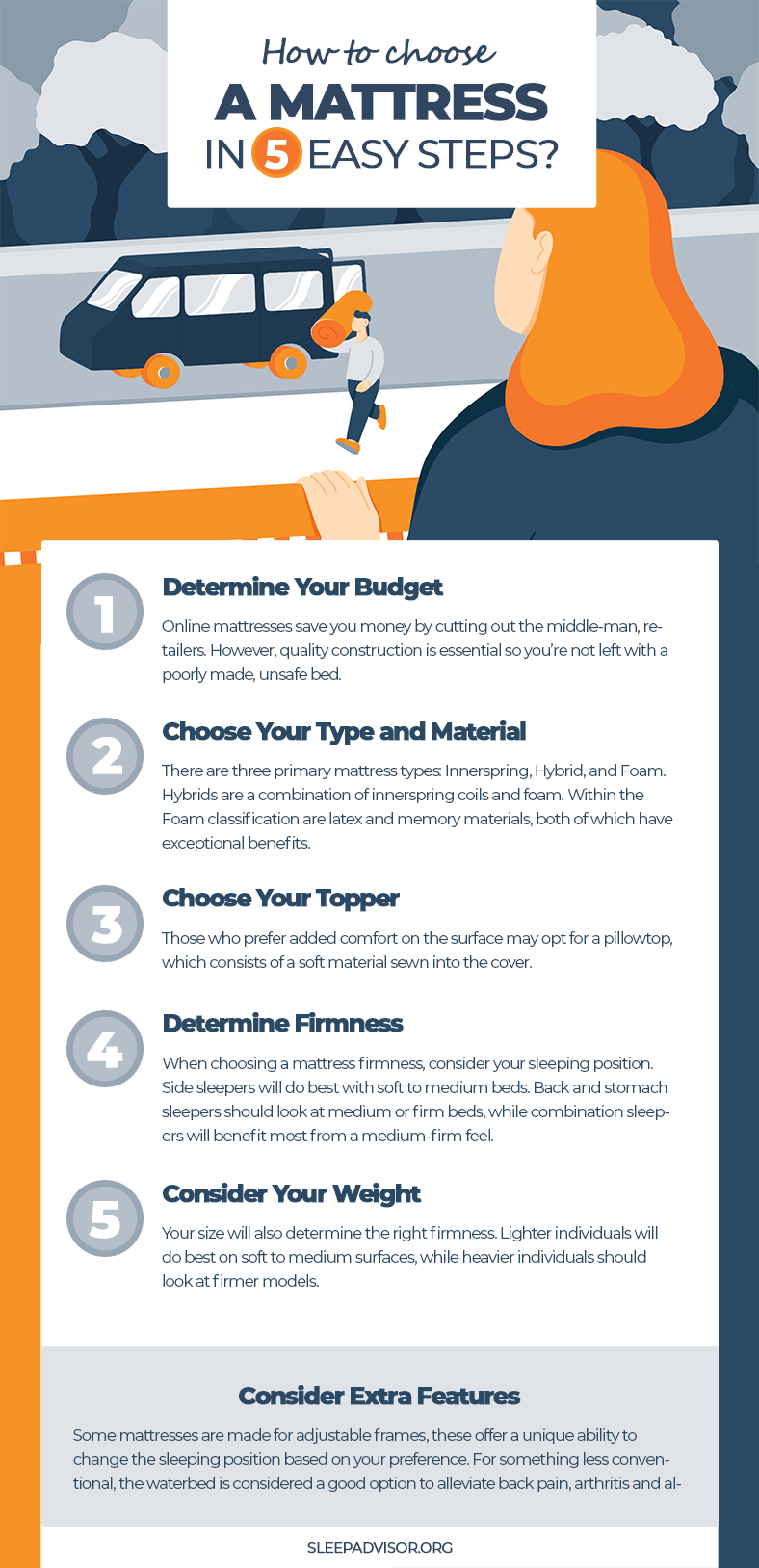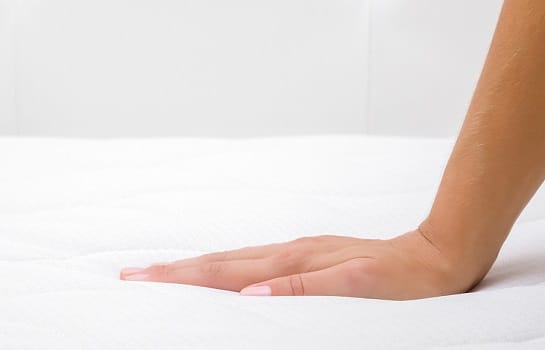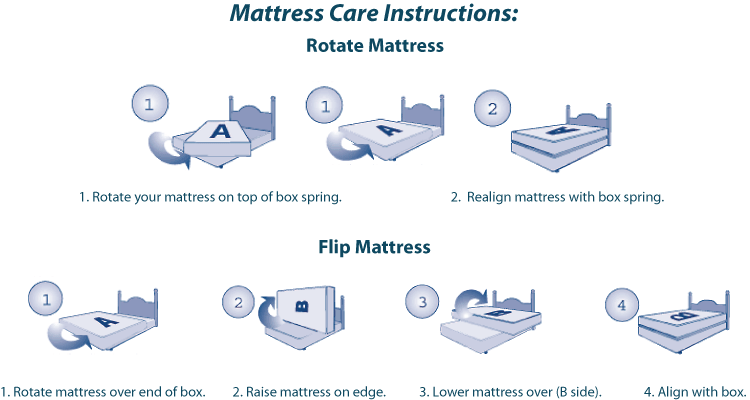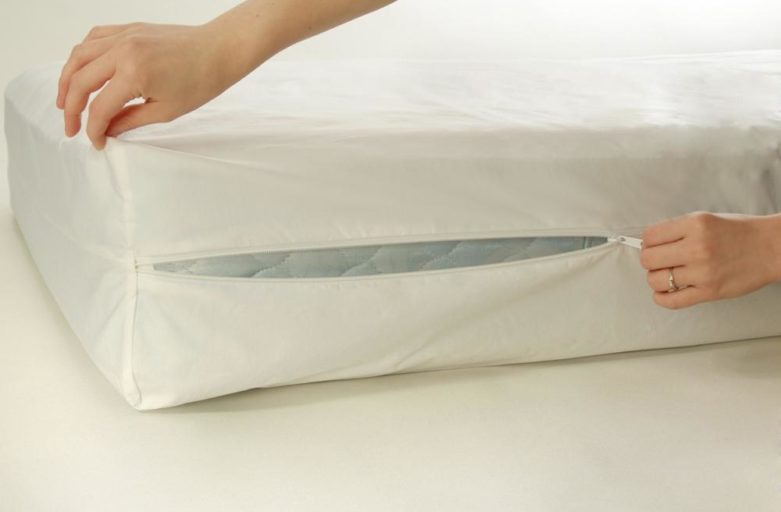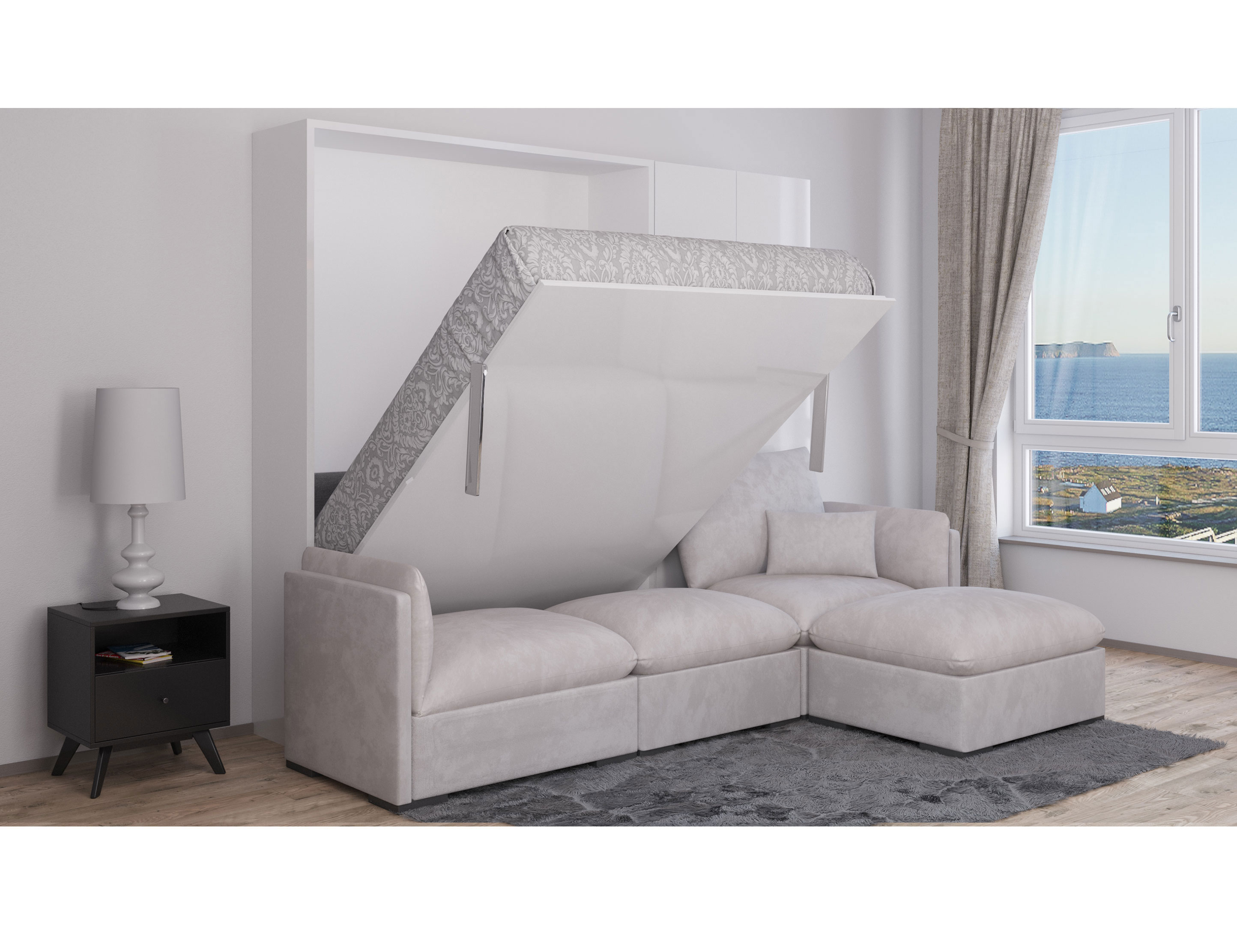Foam Mattress Life Expectancy: What You Need to Know
When it comes to purchasing a new mattress, one of the most important factors to consider is its life expectancy. After all, you want to invest in a mattress that will provide you with years of comfortable and restful sleep. Foam mattresses have become a popular choice for many individuals, thanks to their supportive and pressure-relieving properties. But how long can you expect a foam mattress to last? In this article, we'll explore the average life expectancy of foam mattresses and what factors can impact their longevity.
How Long Do Foam Mattresses Last?
The average life expectancy of a foam mattress is between 8 to 10 years. However, this can vary depending on the quality of the mattress, its materials, and how well it is maintained. Foam mattresses are known for their durability, as they are designed to withstand years of use without losing their shape or support. But like any other product, foam mattresses can also wear out over time, especially if not properly cared for.
The Average Life Expectancy of a Foam Mattress
As mentioned earlier, the average lifespan of a foam mattress is 8 to 10 years. This is based on the assumption that the mattress is used regularly, and with proper care. However, some factors can affect this timeline, such as the type of foam used, the density of the foam, and the overall quality of the mattress. Higher-quality foam mattresses tend to have a longer lifespan compared to lower-quality ones.
Factors That Affect the Life Expectancy of a Foam Mattress
Several factors can impact the lifespan of a foam mattress, including:
How to Extend the Life of Your Foam Mattress
If you want to get the most out of your foam mattress and extend its lifespan, here are a few tips to keep in mind:
Understanding Foam Mattress Density and Its Impact on Life Expectancy
As mentioned earlier, the density of a foam mattress can affect its lifespan. Foam density refers to the weight of a cubic foot of foam, usually measured in pounds (lbs). The higher the density, the heavier and more durable the foam will be. Higher-density foam mattresses tend to have a longer lifespan and provide better support compared to lower-density ones. However, higher density also means a higher price tag, so it's essential to find a balance between quality and affordability.
Comparing the Life Expectancy of Foam Mattresses vs. Innerspring Mattresses
Many people wonder how foam mattresses compare to traditional innerspring mattresses in terms of lifespan. In general, foam mattresses tend to have a longer lifespan compared to innerspring mattresses. This is because foam mattresses are not prone to sagging, which is a common issue with innerspring mattresses. Foam mattresses also tend to retain their shape and support for longer, making them a more durable option.
Signs That Your Foam Mattress Needs to Be Replaced
While foam mattresses can last for many years, there will come a time when you'll need to replace it. Here are some signs that your foam mattress may need to be replaced:
Choosing a High-Quality Foam Mattress for Longevity
If you're in the market for a new foam mattress, it's essential to choose a high-quality one that will last for years to come. Look for mattresses made with high-density foam and reputable brands that offer warranties. It's also helpful to read reviews and do your research before making a purchase to ensure you're getting a high-quality mattress.
Tips for Maintaining Your Foam Mattress for Optimal Life Expectancy
To summarize, here are some tips for maintaining your foam mattress for optimal longevity:
The Importance of a Foam Mattress in Increasing Life Expectancy

The Role of a Mattress in Quality Sleep
 A good night's sleep plays a crucial role in maintaining overall health and well-being. And the key to a good night's sleep? A comfortable and supportive
foam mattress
. With the average person spending approximately one-third of their life in bed, it's essential to invest in a high-quality mattress that can significantly impact the
life expectancy
of an individual.
A good night's sleep plays a crucial role in maintaining overall health and well-being. And the key to a good night's sleep? A comfortable and supportive
foam mattress
. With the average person spending approximately one-third of their life in bed, it's essential to invest in a high-quality mattress that can significantly impact the
life expectancy
of an individual.
The Benefits of a Foam Mattress
 The design and materials of a mattress can greatly affect the quality of sleep. Traditional spring mattresses may seem more affordable, but they lack the ability to properly contour to the body's shape and provide adequate support. This can lead to discomfort, tossing and turning, and ultimately, a poor night's sleep. On the other hand, a foam mattress offers superior support and comfort, allowing the body to rest in a neutral position and alleviate pressure points. This results in a deeper and more restorative sleep, contributing to an overall healthier lifestyle.
The design and materials of a mattress can greatly affect the quality of sleep. Traditional spring mattresses may seem more affordable, but they lack the ability to properly contour to the body's shape and provide adequate support. This can lead to discomfort, tossing and turning, and ultimately, a poor night's sleep. On the other hand, a foam mattress offers superior support and comfort, allowing the body to rest in a neutral position and alleviate pressure points. This results in a deeper and more restorative sleep, contributing to an overall healthier lifestyle.
The Connection Between Sleep and Life Expectancy
Maximizing the Life Expectancy of a Foam Mattress
 A foam mattress is a durable investment that can last for many years. To ensure its longevity and maintain its supportive qualities, it's essential to properly care for it. This includes regularly rotating the mattress, using a mattress protector, and avoiding jumping or standing on it. These simple steps can prolong the life of a foam mattress and continue to provide the necessary support for a good night's sleep.
A foam mattress is a durable investment that can last for many years. To ensure its longevity and maintain its supportive qualities, it's essential to properly care for it. This includes regularly rotating the mattress, using a mattress protector, and avoiding jumping or standing on it. These simple steps can prolong the life of a foam mattress and continue to provide the necessary support for a good night's sleep.
The Bottom Line
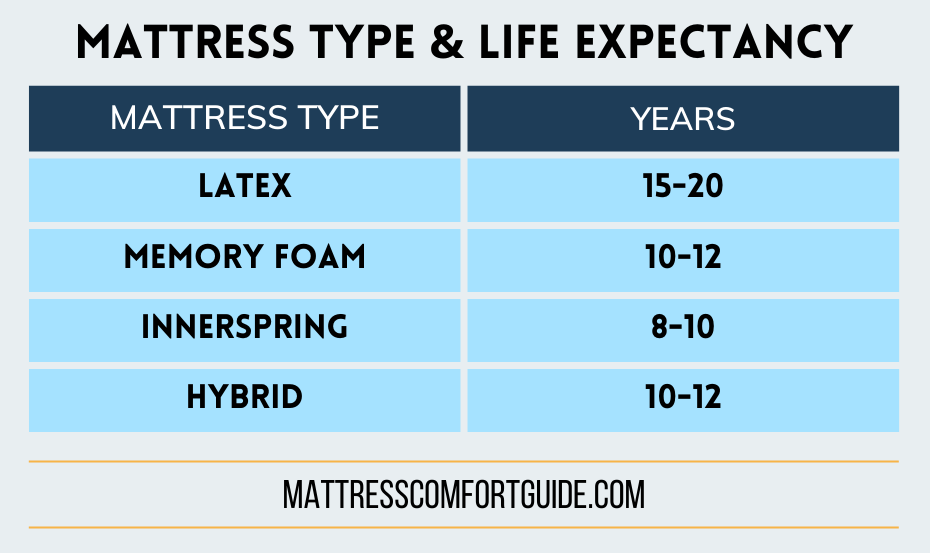 In conclusion, the
life expectancy
of a foam mattress goes beyond its physical lifespan. It plays a significant role in the quality of sleep, which in turn can impact overall health and longevity. Investing in a high-quality foam mattress is an investment in one's well-being and should not be taken lightly. So, if you want to increase your life expectancy and enjoy restful sleep, consider upgrading to a foam mattress today.
In conclusion, the
life expectancy
of a foam mattress goes beyond its physical lifespan. It plays a significant role in the quality of sleep, which in turn can impact overall health and longevity. Investing in a high-quality foam mattress is an investment in one's well-being and should not be taken lightly. So, if you want to increase your life expectancy and enjoy restful sleep, consider upgrading to a foam mattress today.














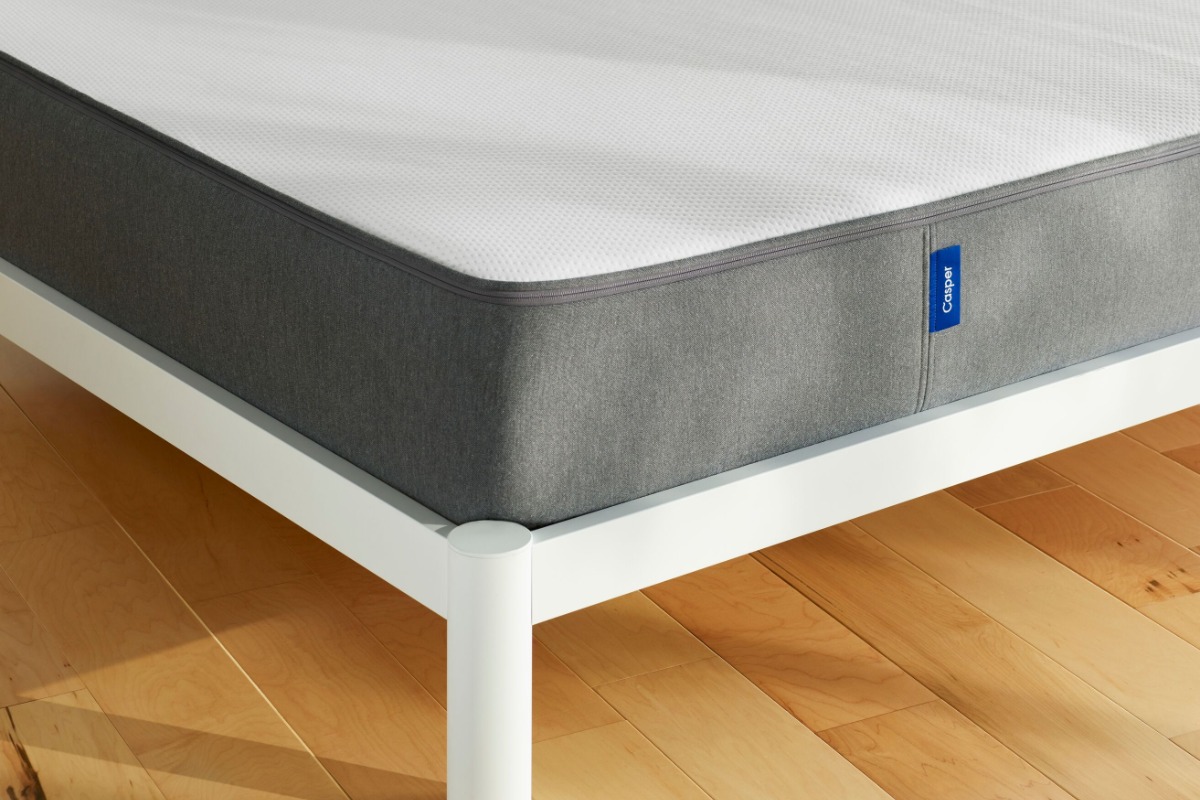




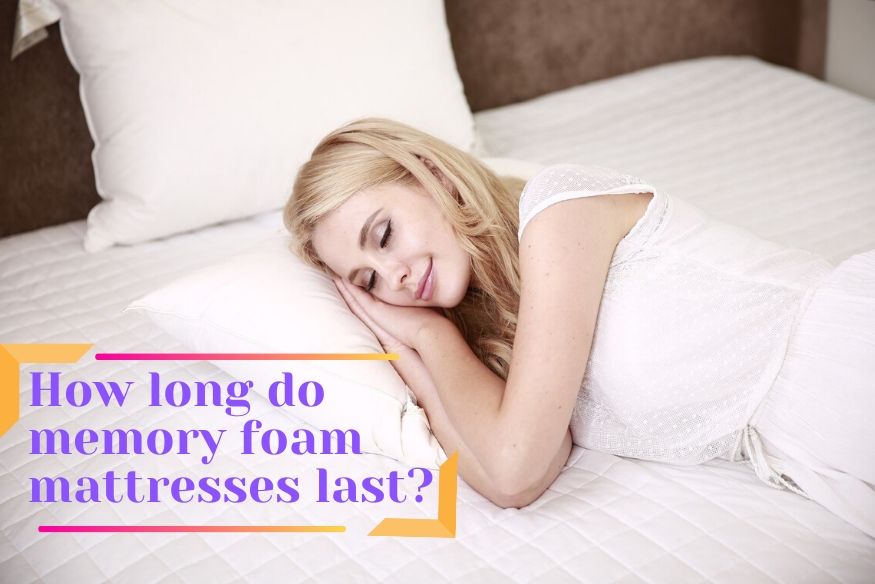



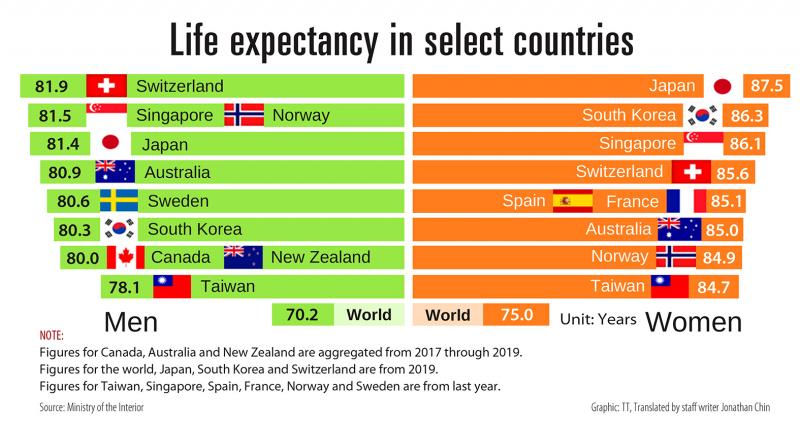



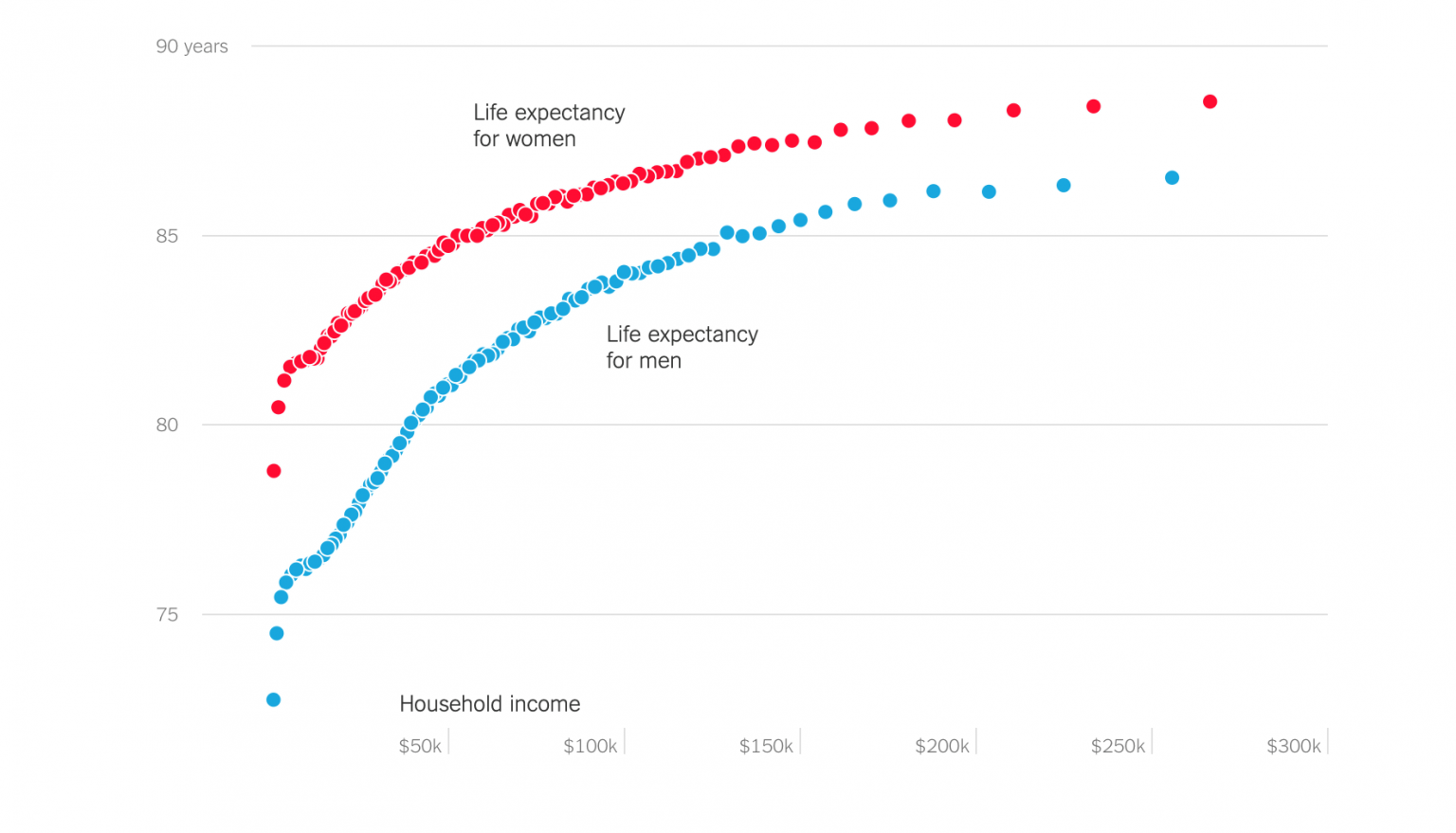

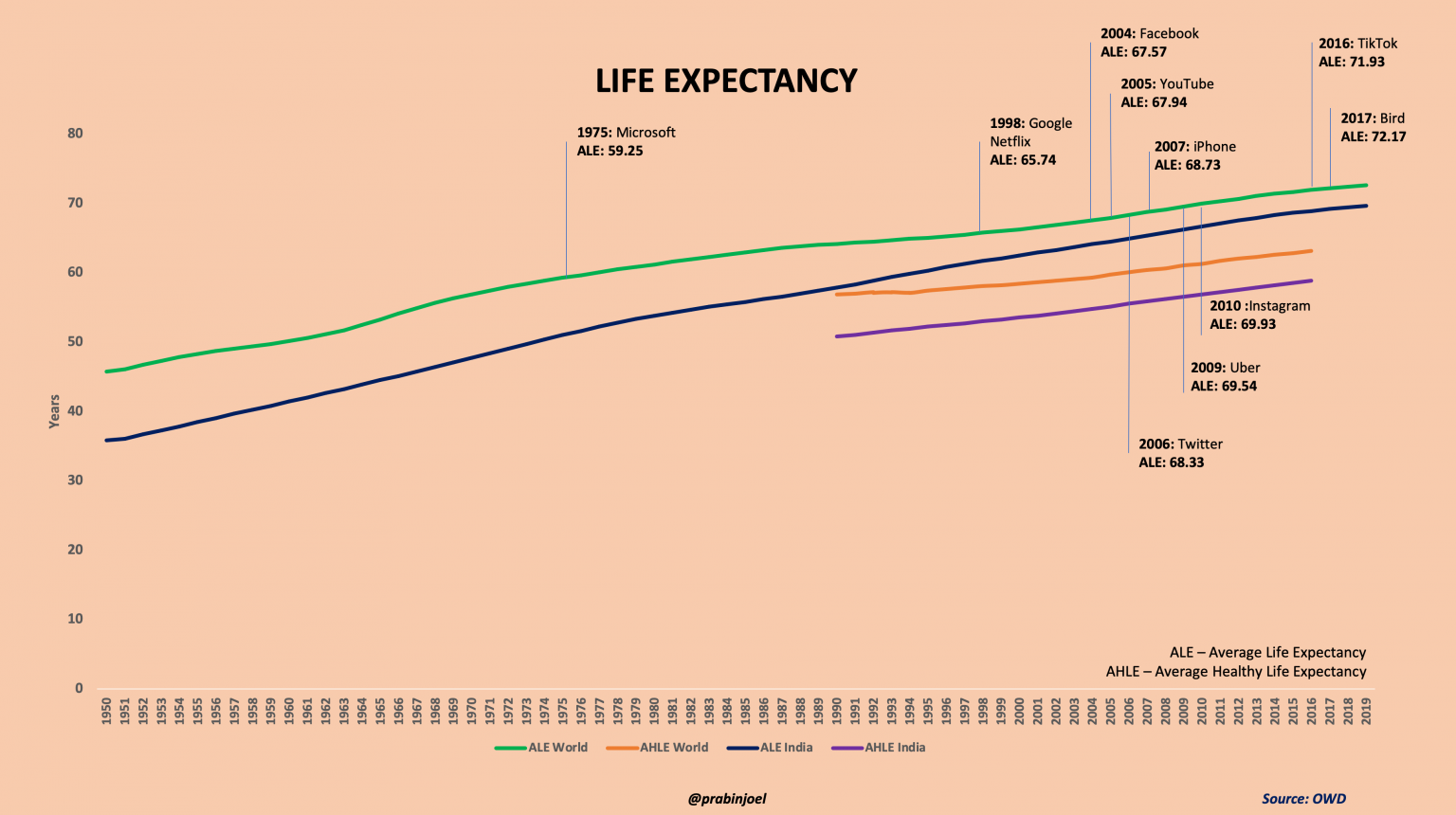





/cloudfront-us-east-1.images.arcpublishing.com/gray/4LE6OP742JPAZI24F4WANRTCVU.jpg)
